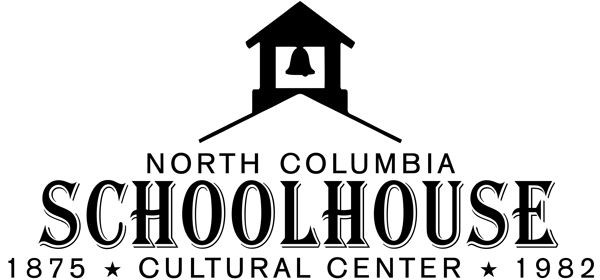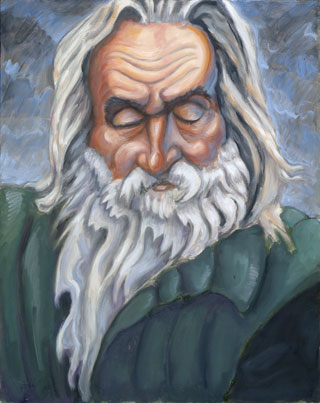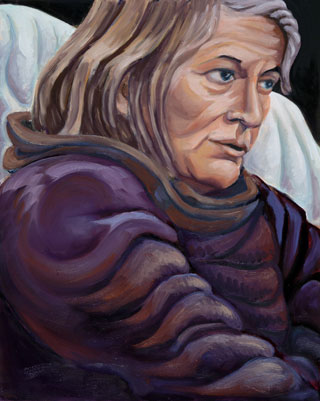“Somebody did a horoscope on me and said I was going to have three fires. I’ve had them.”
–Arlo Acton
“I’m saying, in my opinion, from studying homeopathy that this is a place that attracts people to it that are here for vibrational reasons, for their own personal healing.”
–Robyn Martin
An Excerpt from the Interview
Robyn Martin: You have to understand, the people that came up here, at the time that we arrived here, there were so many people that were our age with or without children that were literally carrying water and camped out. This was not agricultural land. It is not agricultural land. This is a beautiful place for many, many things and you can have beautiful gardens but this is not farming country. We’re in an area with no infrastructure. Everything was created here afterward by running cattle, and we live in a cattle camp. And what destroyed the village site – for the Heiser people and the archaeology people – was the cattle, because they’d turned the village into a feedlot and allowed the cattle to just pierce the soil over and over.
Arlo Acton: After we bought the property, I did soil samples and the soil samples said forget it. Basically, it was worn out. But fortunately for me, early on, I met a man named Larry Korn. He had gone to Japan and translated a book called One Straw Revolution into English and brought to Rodale Press, and then he came to the San Juan Ridge to be around Gary Snyder and Steve Stanfield, the poets that were here then. And so he brought Fukuoka and his wife over from Japan to an airport in LA, drove them up through the central valley to our front door.
Robyn Martin: And meanwhile, Masanobu Fukuoka and his wife had never left Japan in their lives, which is a very important thing. So he had written this book about his farming approach and technique in relation to being a Japanese person from Japan.
Arlo Acton: Where it rains all the time.
Robyn Martin: You ask people that have left Japan, their world changes once they leave.
Arlo Acton: And he was blown away once he saw all the irrigation in Central Valley. He was just like, “oh.”
Robyn Martin: And this is wrong, he says, in his mind. But what is it? California is a desert with water features. Where do we live? We live in the water feature. We live where we get 60 to 80 inches a year sort of normally. And during that time, that water soaks into the ground or runs down the hill. It depends on whether it comes as snow or not. If it soaks into the ground, great. If it doesn’t, it floods down there in Yuba City. I mean, there’s a Bacai festival that happens this weekend – the first weekend of March – and do you know what they’re celebrating? They’re celebrating the hopeful non-flooding of the north Yuba… of the whole Yuba river, down there at that temple. It’s the oldest Taoist temple in North America, continuously operated. And it’s in Marysville. So what I’m saying to you is that we live in this resource of California. We’re the guardians of the resource, and pretty soon we’re going to get to fight the gold mining again because it’s up.
•
Arlo Acton: The road grader came around and started up the hill to go north or to patch something by Oak Tree School. With a road grader like that, you have to put it in the gear you’re going for and he lugged it down and threw off a bunch of sparks. And the county truck was behind it with a crew in it, but they were sworn to secrecy.
Robyn Martin: I think they tried to get out to stop it. I’m sure they did.
Arlo Acton: They did. They had tools. They tried to stop it.
Robyn Martin: But it was windy. It was one of those dry, dry Junes. It could happen this year [2011].
Arlo Acton: 40 mile an hour wind. Within 15 minutes it was at our place. Nobody was there.
Robyn Martin: We were gone. We had gone to his dad’s 80th birthday, and your 25 year high school reunion.
Arlo Acton: They saved the barn. People saved the barn. Real close was a fire truck broken down with a fire crew around it, and everybody ran over the hill to save houses in Ananda and everything, you know? Leaving nobody in the barn. That’s a no-no.
Robyn Martin: Spot fires.
Arlo Acton: You leave somebody in… it started up again.
Robyn Martin: And then of course the ammunition went off.
Arlo Acton: Well, when it started up again, there was a whole bunch of ammunition. A friend of mine had a bunch of antique guns and ammunition, and man, the bullets started flying.
Robyn Martin: Nobody was around.
Arlo Acton: Nobody was around. The crew was there, three or four people, but they couldn’t do anything about it. And Jay Locke, the real-estate guy we bought the property from was up in Bullard’s Bar watching, and he says uh-oh, there goes Arlo and Robyn’s barn. He could tell, you know?
Robyn Martin: So we were up in Washington State on the big river there, the Columbia.
Arlo Acton: We were on our way back down. We were on the Columbia River actually, on our way back down, and we were going through Hopland and then down to San Francisco. We had a dinner engagement. We got down to Hopland and they called over saying the thing burnt down. So we just went on to San Francisco.
Robyn Martin: Why not have some fun?
Arlo Acton: Why not, you know? We pulled in here Friday night as I recall at sunset. I was black. I was black. Hands to feet for years.


